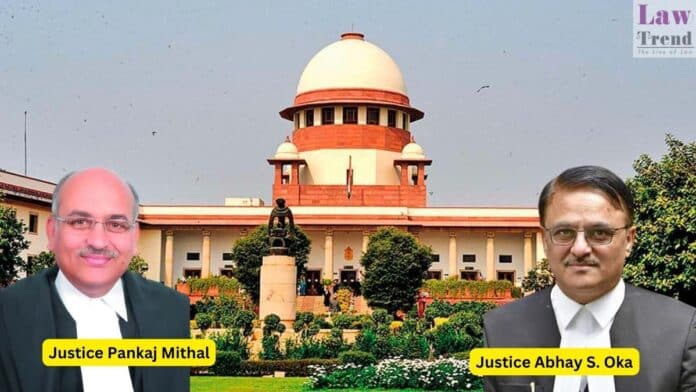The Supreme Court of India, in a crucial ruling, has clarified that broken period interest paid by banks while purchasing government securities is a deductible revenue expenditure and not a capital outlay. The judgment was delivered by a bench comprising Justice Abhay S. Oka and Justice Pankaj Mithal in the case of Bank of Rajasthan
To Read More Please Subscribe to VIP Membership for Unlimited Access to All the Articles, Download Available Copies of Judgments/Order, Acess to Central/State Bare Acts, Advertisement Free Content, Access to More than 4000 Legal Drafts( Readymade Editable Formats of Suits, Petitions, Writs, Legal Notices, Divorce Petitions, 138 Notices, Bail Applications etc.) in Hindi and English.




